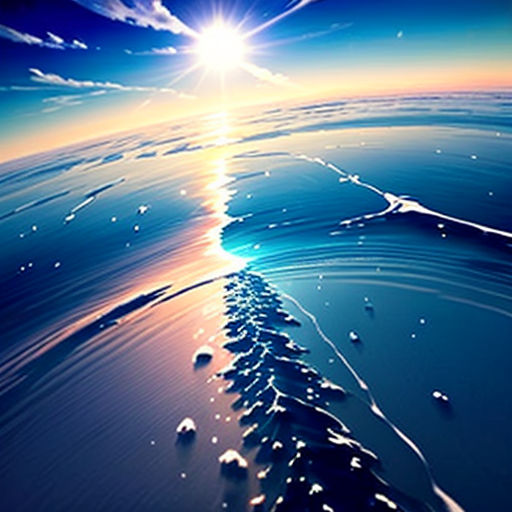
The Water Cycle: A Journey Through Nature
By Storybird

20 Dec, 2023
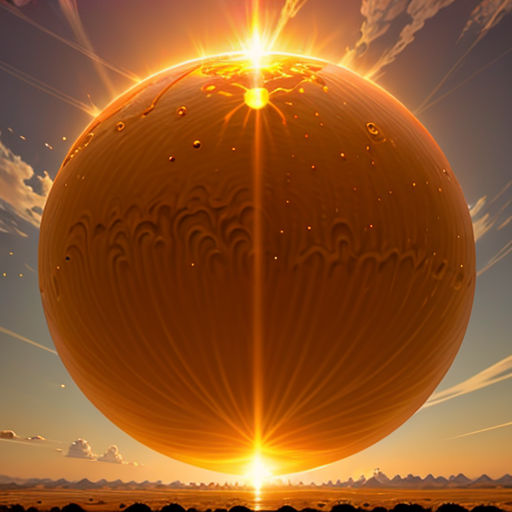
Our journey begins with the sun, a colossal ball of burning gas that radiates heat and light to our planet. This energy is crucial in initiating the first stage of the water cycle - evaporation.
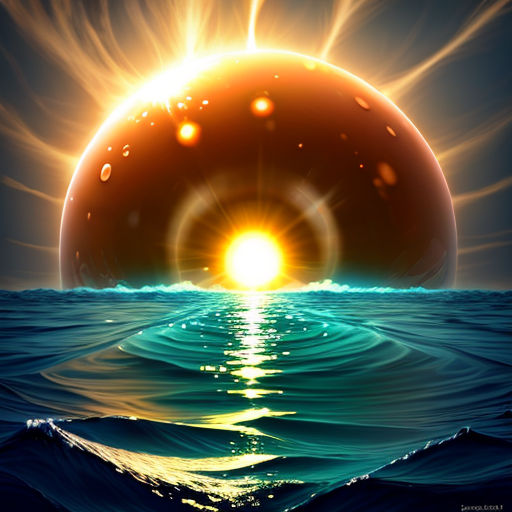
As the sun's heat reaches the surface of the earth, it warms up bodies of water - rivers, lakes, and oceans. The water molecules then gain energy and change from a liquid to a gaseous state, rising into the sky.
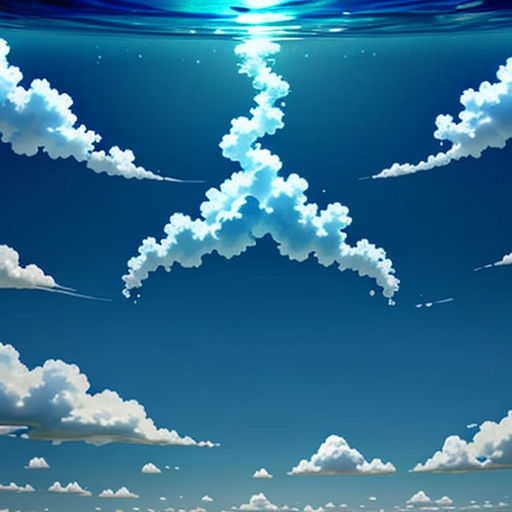
This gaseous water, or water vapor, ascends into the atmosphere, where the cooler temperatures cause it to condense. This is the next stage - condensation.
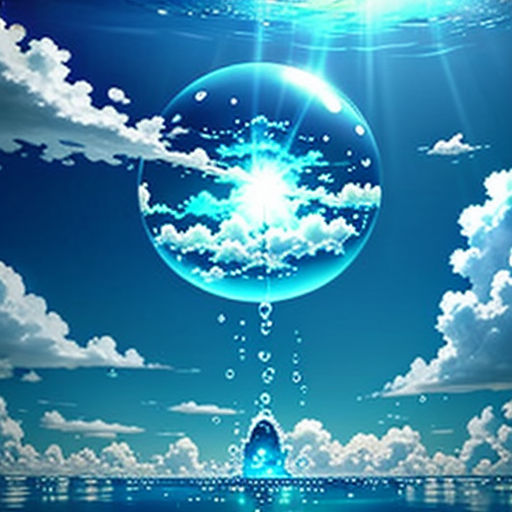
As water vapor condenses, it forms tiny droplets, which gather together to create clouds. This is an amazing spectacle, a floating body of water in the sky!

Once the clouds become too heavy, the water droplets fall back to the earth as rain, snow, or other forms of precipitation. This is the third stage - precipitation.
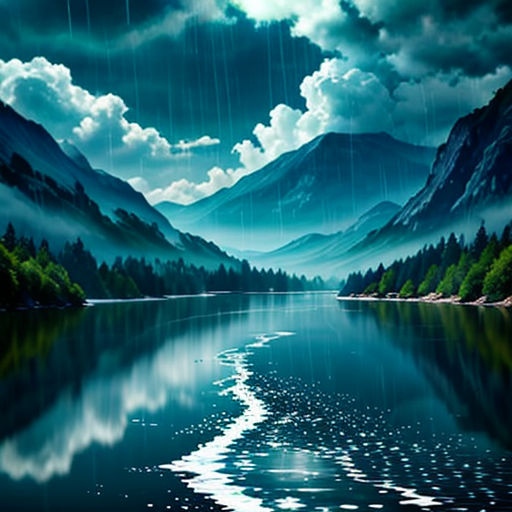
The water that falls to the earth is collected in various bodies of water - rivers, lakes, and oceans. This is the final stage - collection.
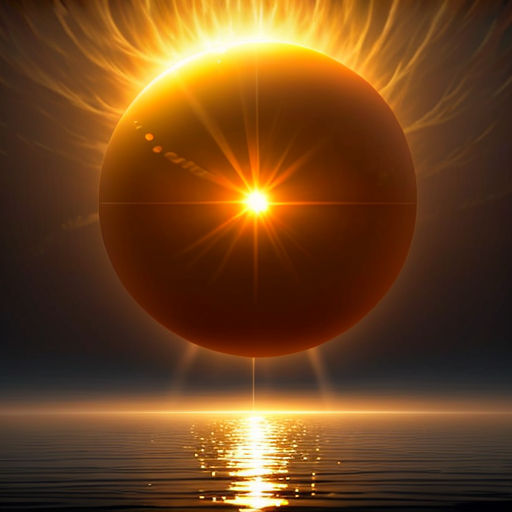
And so, the cycle repeats. The sun's heat once again begins to evaporate the water, continuing the water cycle. This cycle is constant and unending.
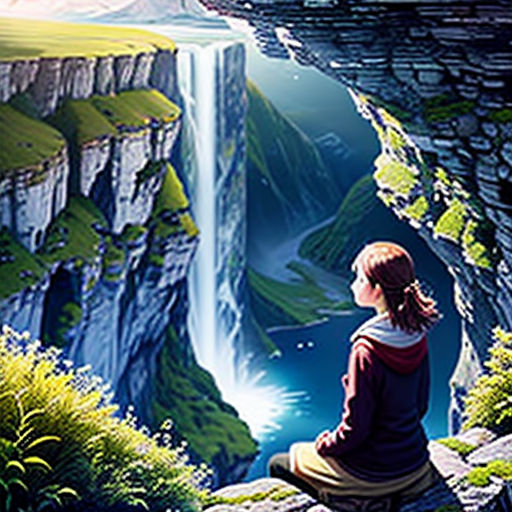
It's important to note that the water cycle does not occur in isolation. It's a vital part of the Earth's climate system and significantly influences Ireland's weather and geography.
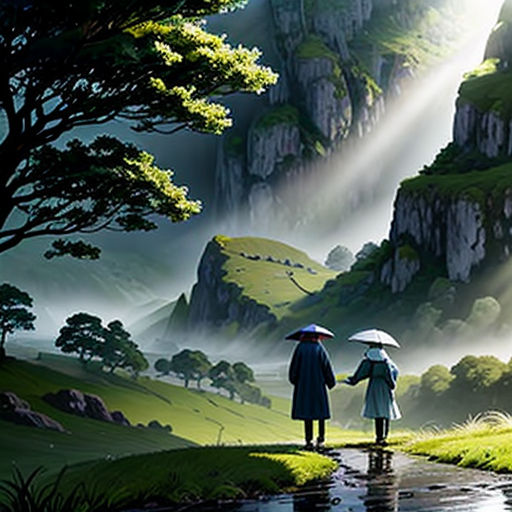
Ireland, with its temperate maritime climate, experiences frequent rainfall. This is a direct result of the water cycle and its influence on the country's weather patterns.
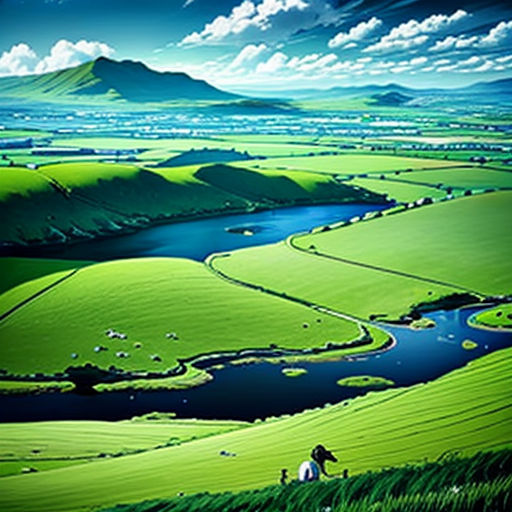
The Irish landscape, characterized by lush green fields and numerous bodies of water, is also a reflection of the water cycle's impact. The constant precipitation nourishes the land, leading to its verdant appearance.
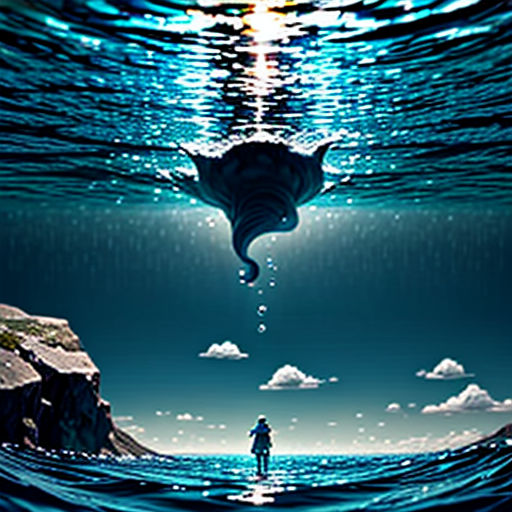
The water cycle isn't just important for the environment, it's crucial for life itself. All living organisms, including humans, depend on water for survival.
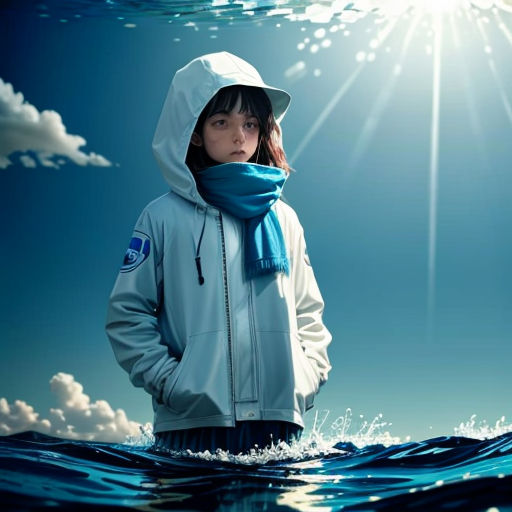
In humans, water aids digestion, maintains body temperature, and transports nutrients and oxygen to cells, among other functions. Without the water cycle, this life-giving resource wouldn't be continually replenished.
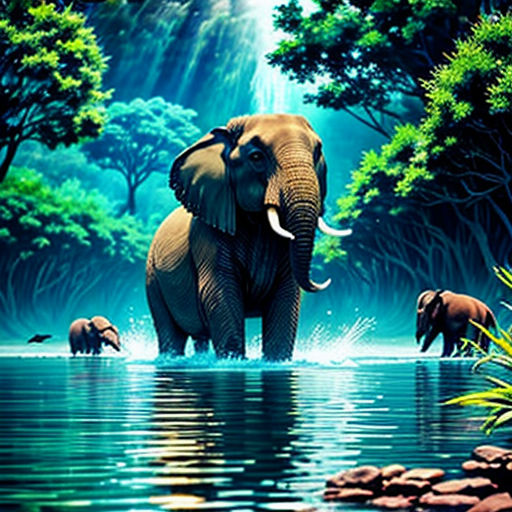
In the animal kingdom, too, water plays a significant role. Many species are dependent on bodies of water for their habitat, and others need it for hydration and food.

Plants, as well, require water for photosynthesis, the process through which they produce food. Again, without the water cycle, these plants wouldn't have access to the water they need.

So, you see, the water cycle is much more than just a scientific process. It's a lifeline, a vital cog in the machinery of life on Earth. It's a journey that water takes, from the earth to the sky and back again.
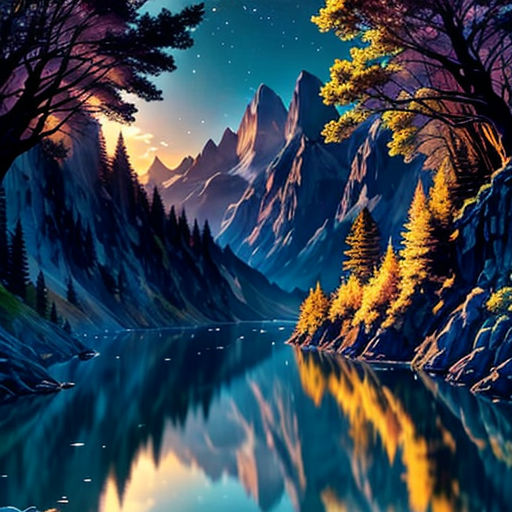
This journey is a continuous process, a cycle that has been taking place for billions of years. It's a testament to the incredible balance and interconnectedness of nature.
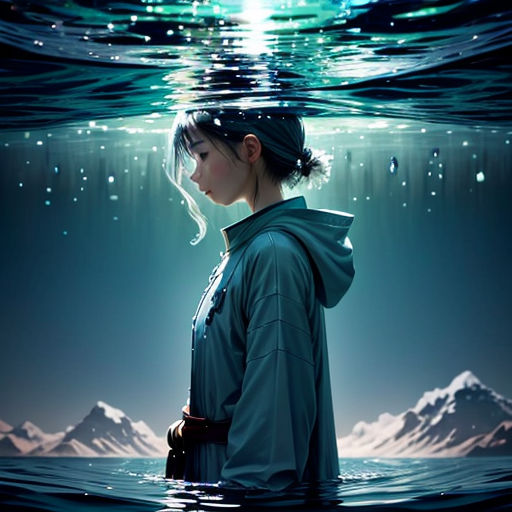
By understanding the water cycle, we can appreciate the natural processes that sustain life on Earth. We can also gain insight into how human activities can disrupt this delicate balance.
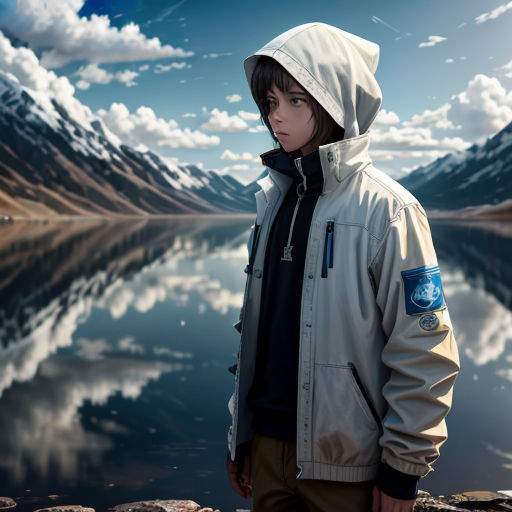
For instance, climate change, largely driven by human activities, can affect the water cycle. It can alter precipitation patterns, leading to more frequent and intense droughts or floods.
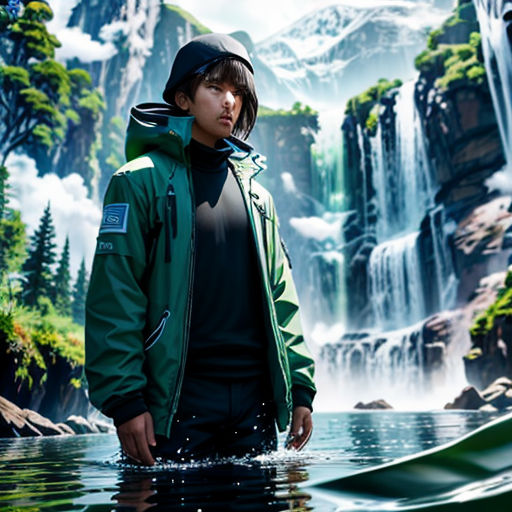
This highlights the need for us to take care of our environment. By reducing our carbon footprint, we can help mitigate the impact of climate change on the water cycle.

The water cycle is a fascinating journey, one that is vital to life on Earth. Understanding it is not just important for Leaving Cert students in Ireland, but for everyone.
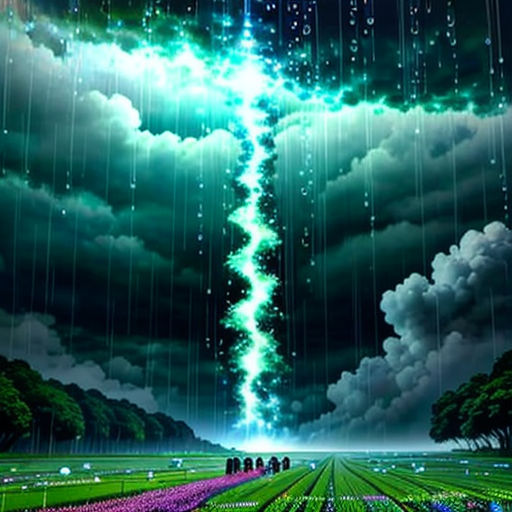
It's a story that we're all a part of, a story that unfolds every day, all around us. The next time you see a cloud in the sky or a drop of rain, remember the incredible journey that water takes.
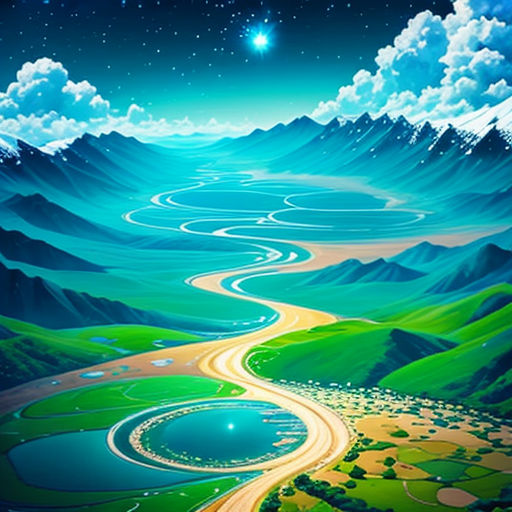
It's a story of transformation, of travel, of life. It's a story that connects us all, irrespective of where we live. It's the story of the water cycle.
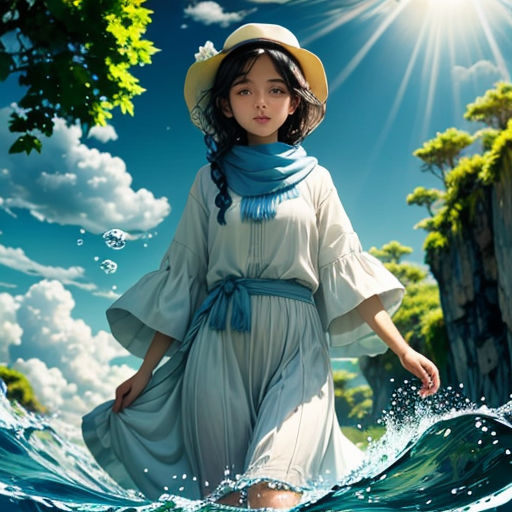
So, as we conclude our journey through the water cycle, let's remember the role each one of us plays. Let's strive to conserve water, protect our environment, and respect the delicate balance of nature.
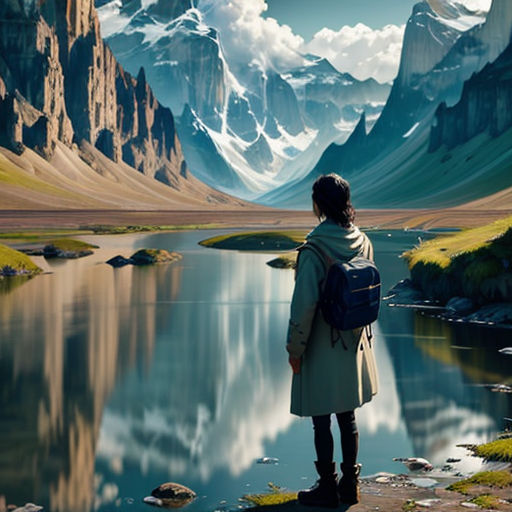
After all, we are but small parts of a much larger story, a story that has been unfolding for billions of years. And this story, this journey of water, will continue, long after we're gone.
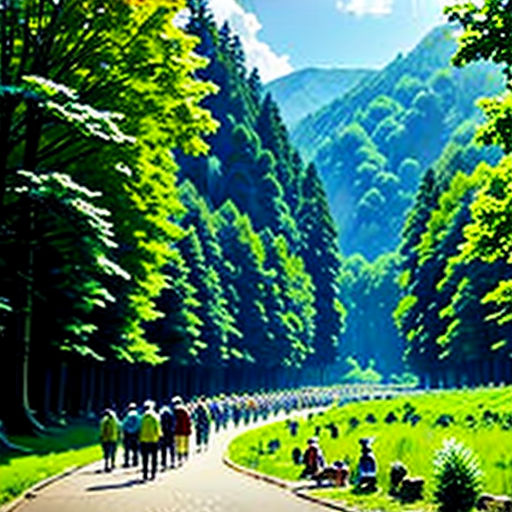
So, let's do our part, let's understand, appreciate, and protect our world. For in doing so, we're not just safeguarding our future, but also preserving the incredible journey of water.